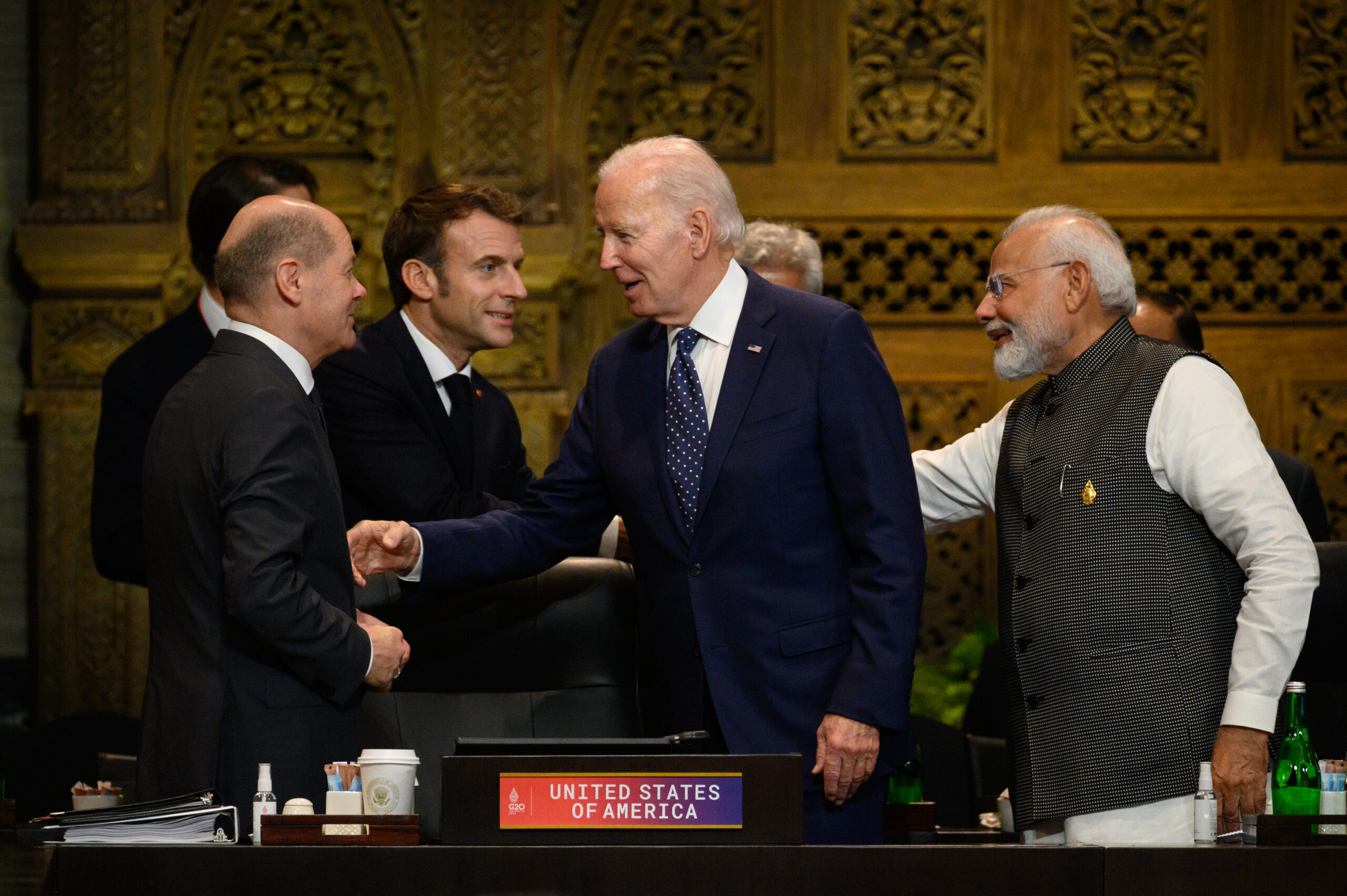Amidst an increasingly dire climate crisis marked by floods, droughts, and heatwaves, the Energy Ministers of G20 countries convened in India on 22nd July for a crucial Energy Transitions Ministers meeting. As the world looks to its leaders for decisive action, hopes were high that these ministers would take bold steps to phase out fossil fuels equitably and set ambitious strategies to combat the climate emergency. However, the meeting concluded without a Communiqué, leaving many disappointed as the ministers failed to reach a consensus on crucial climate issues.
Weak Outcome Document Fails to Address Fossil Fuel Phase-out:
Despite growing evidence of the detrimental impact of fossil fuels on the environment, the G20 Energy Ministers could not agree on a plan to phase them out. The outcome document produced by the meeting proved to be weak and disappointing, as it underscored the continued importance of fossil fuels in the global energy mix and advocated for the use of unproven technologies instead of real climate action. This failure to take decisive action only exacerbates the climate crisis, which has seen fossil fuels responsible for a staggering 86% of CO2 emissions over the last decade.
G20’s Lack of Ambition Raises Concerns Amidst Climate Crisis:
The lack of ambition displayed by the G20 countries, responsible for a significant 80% of global greenhouse gas emissions, has raised grave concerns among climate activists and experts. The meeting failed to establish clear timelines for the phase-out of fossil fuels, hindering progress towards the goal of tripling renewable energy by 2030. This inaction comes at a time when the Intergovernmental Panel on Climate Change (IPCC) and the International Energy Agency (IEA) have both sounded alarm bells about the urgent need to address climate change. With ongoing climate disasters unfolding across the G20 countries, the ministers’ lack of urgency appears to be akin to adopting an ostrich-like attitude, burying their heads in the sand while the planet faces a climate emergency.
Calls for a Bold New Course: The Fossil Fuel Non-Proliferation Treaty Initiative:
Climate activists and experts are voicing strong support for the Fossil Fuel Non-Proliferation Treaty initiative, represented by Harjeet Singh, Global Engagement Director. This initiative seeks to guide the world away from deadly coal, oil, and gas by limiting the expansion of fossil fuel infrastructure and phasing out existing production. Harjeet Singh expressed deep disappointment in the G20 ministers’ inability to take decisive action and called for immediate and substantial cuts in fossil fuel production, particularly from wealthier nations. He emphasized the importance of setting ambitious targets to inspire other countries to take meaningful climate action and foster international cooperation.
Nakul Sharma, Program Coordinator of Climate Action Network South Asia, also criticized the G20’s lack of ambition and the outcome document’s ambiguity. He urged the Indian G20 presidency to reject the disappointing results of the meeting and lead efforts to bring all G20 countries together to commit to substantial climate action before the upcoming summit in September.
The G20 Energy Ministers meeting in India has left the world disappointed and concerned as the global climate crisis continues to escalate. With fossil fuels remaining a significant part of the energy mix, the urgency to phase them out equitably cannot be overstated. It is imperative that world leaders take decisive action and commit to ambitious targets for emissions reduction and the uptake of clean energy. The Fossil Fuel Non-Proliferation Treaty initiative presents a promising path forward in the fight against climate change, offering a mechanism to guide the transition away from deadly fossil fuels towards a just and equitable future. As the world grapples with the consequences of climate breakdown, the need for strong and united climate action has never been more critical.
















